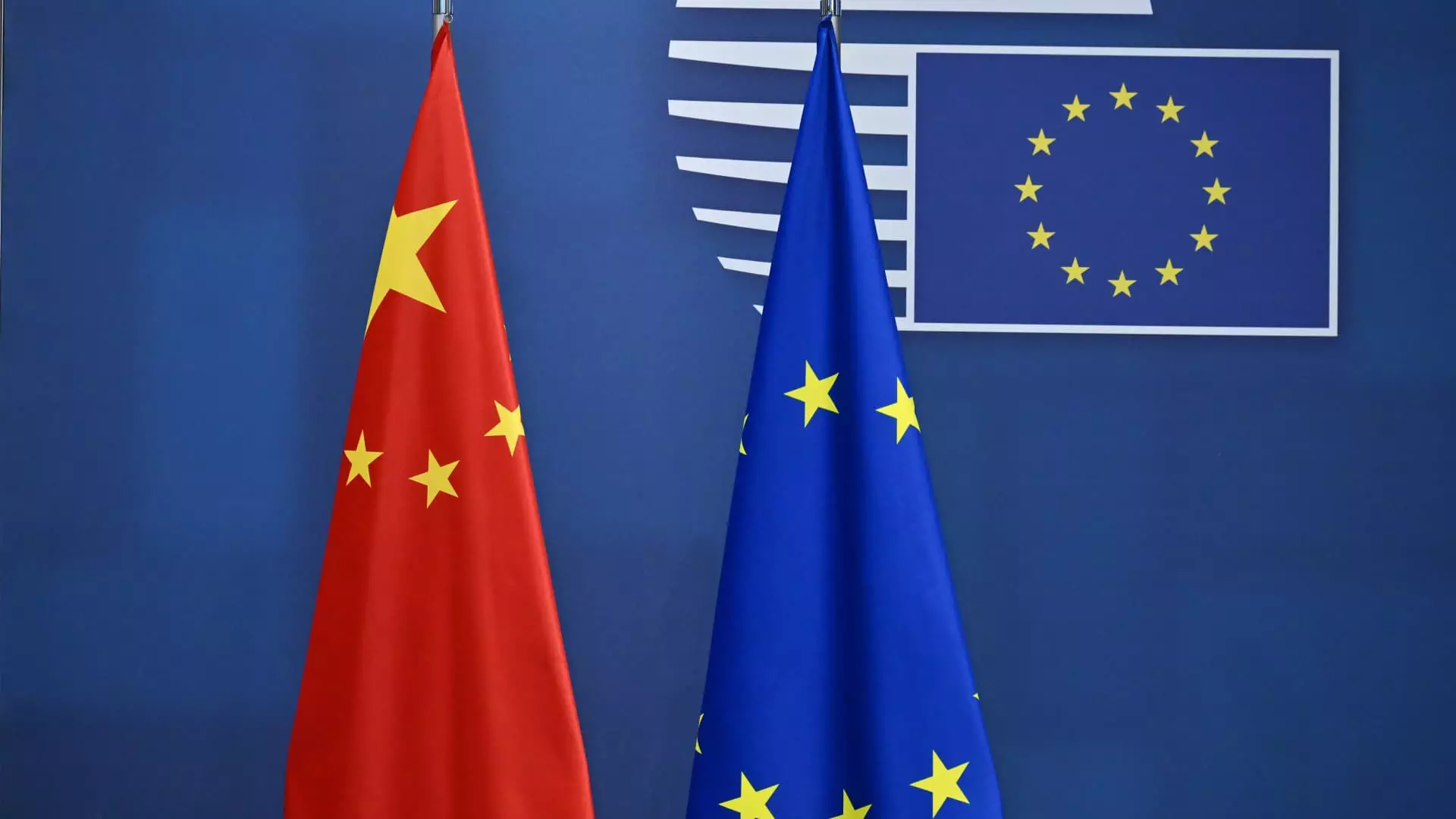In today’s global economy, the once-promising partnership between the European Union and China is rapidly unraveling into a landscape dominated by suspicion, defensive maneuvers, and strategic antagonism. What was heralded as an era of economic opportunity and cooperation has shifted into a battleground of geopolitical interests, protective policies, and economic rivalry. Both sides now approach each other not as allies or partners, but as adversaries fighting over markets, influence, and technological supremacy.
Many analysts argue that the EU-China relationship has largely become a liability rather than an asset. The level of animosity and mistrust is palpable, driven by a combination of protectionist policies and competitive overreach. Europe’s attempts to safeguard its industrial base collide with China’s relentless overcapacity and export strategies. Meanwhile, China perceives EU restrictions and investigations as unjust barriers, weaponizing trade to punish European industries and secure strategic advantages. This relentless cycle of tit-for-tat measures reveals a broader decline in the faith both sides once had in the possibility of a harmonious economic partnership.
The dynamics of this strained relationship exemplify a fundamental clash of rival economic models. The EU emphasizes regulatory standards, fair competition, and controlled market access, which directly threaten China’s economic ambitions. Conversely, China’s economic strategy relies heavily on export-led growth, capacity expansion, and resource leverage, all of which are under increasing scrutiny and resistance from European policymakers. As these incompatible goals collide, it is clear that mutual concessions have become increasingly unlikely.
Geopolitical Risks and Attempts at Strategic Encirclement
The broader context that fuels EU-China tensions extends beyond trade policies; it is deeply rooted in geopolitics. Both entities perceive each other’s actions as part of a larger contest for global influence. Europe, hesitant to lose ground to China’s expanding economic footprint, has sought to enhance its strategic autonomy through policies that inadvertently provoke retaliations. Recent measures, such as restrictions on Chinese companies participating in public tenders or investigations into Chinese trade practices, are seen by Beijing as efforts to contain its rise.
In retaliation, China has tightened import controls and imposed tariffs—most notably on EU products like brandy—adding fuel to the fire. Beijing’s approach is increasingly pragmatic: use economic leverage as a shield against European initiatives aimed at curbing China’s influence. The investigation into EU brandy imports follows earlier restrictions on electric vehicle (EV) imports, which are part of a broader pattern of China trying to neutralize European economic initiatives that threaten its export dominance.
The United States’ aggressive tariff policies under leaders like Donald Trump appeared to present an unintended opportunity for Europe and China to cooperate against common pressures from Washington. Yet, the anticipated alignment never materialized. Instead, Beijing’s perception that it has gained the upper hand in its trade disputes with the U.S. reduces its incentive to seek rapprochement with Europe. Beijing’s confidence in its economic resilience, combined with its desire to assert greater strategic independence from both Washington and Brussels, hampers the prospects for a unified front.
This fragmented approach has significant implications. It signals that China perceives little need for compromise or concessions, viewing its economic strengths as a bargaining chip rather than grounds for cooperation. The recent agreement between the U.S. and China on rare earths and technology regulations has further entrenched this divide. China’s export restrictions on these critical resources serve as leverage in ongoing negotiations, warning Europe that it cannot rely on open markets alone to protect its industries.
The Myth of Common Ground and the Reality of Escalation
Despite diplomatic hopes for dialogue, the reality is that the EU and China are drifting further apart. Skeptics argue that any effort to find common ground is likely futile in the current climate. The EU’s recent emphasis on boosting technological sovereignty and protecting strategic sectors—along with China’s countermeasures—creates an environment riddled with frictions. European officials are increasingly adopting protectionist measures, not out of spite, but out of necessity to preserve their economic independence.
The upcoming EU-China summit illustrates these mounting tensions. Much of the diplomatic engagement is viewed with pessimism, as both parties prepare for what may be another fruitless negotiation. European leaders recognize that China is unlikely to substantially soften its stance, especially as it perceives itself to be gaining the upper hand. The summit is more a staged drama than a genuine attempt at strategic reconciliation.
Fenet, an expert on geopolitics, warns that the recent hardening of European policies signals a future where friction will become the norm rather than the exception. The EU’s increased protective tools and strategic investments are viewed as barriers to Chinese ambitions, inflaming the cycle of tit-for-tat retaliation. Meanwhile, China’s willingness to leverage trade as a geopolitical weapon underscores a fundamental shift away from cooperative engagement towards strategic confrontation.
Ultimately, the vision of a mutually beneficial, stable EU-China relationship appears increasingly untenable. The assumption that economic interconnectedness could serve as the foundation for peace and stability is flawed. Instead, economic policies have become a proxy for global influence, security concerns, and national sovereignty. As each side doubles down on its strategic posture, the future of their relationship looks set to be one of persistent discord rather than partnership.


Leave a Reply